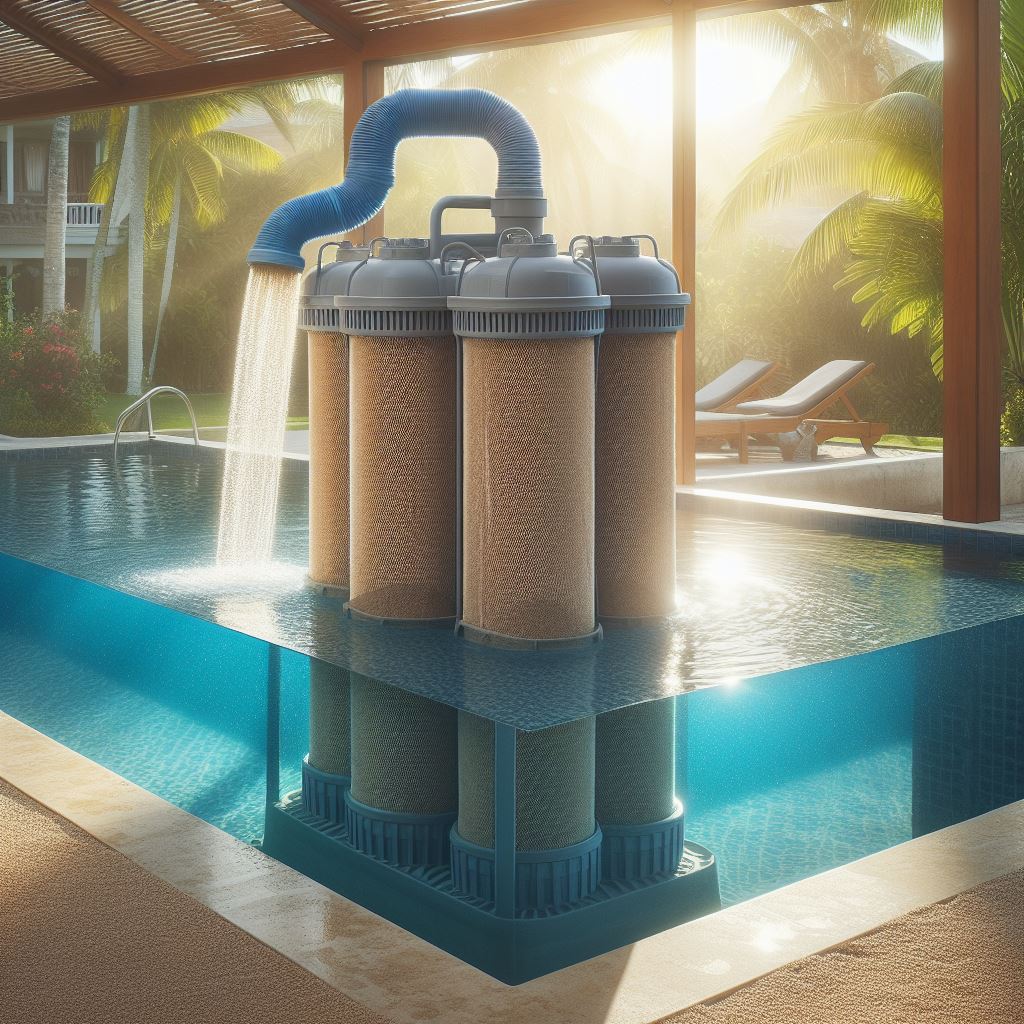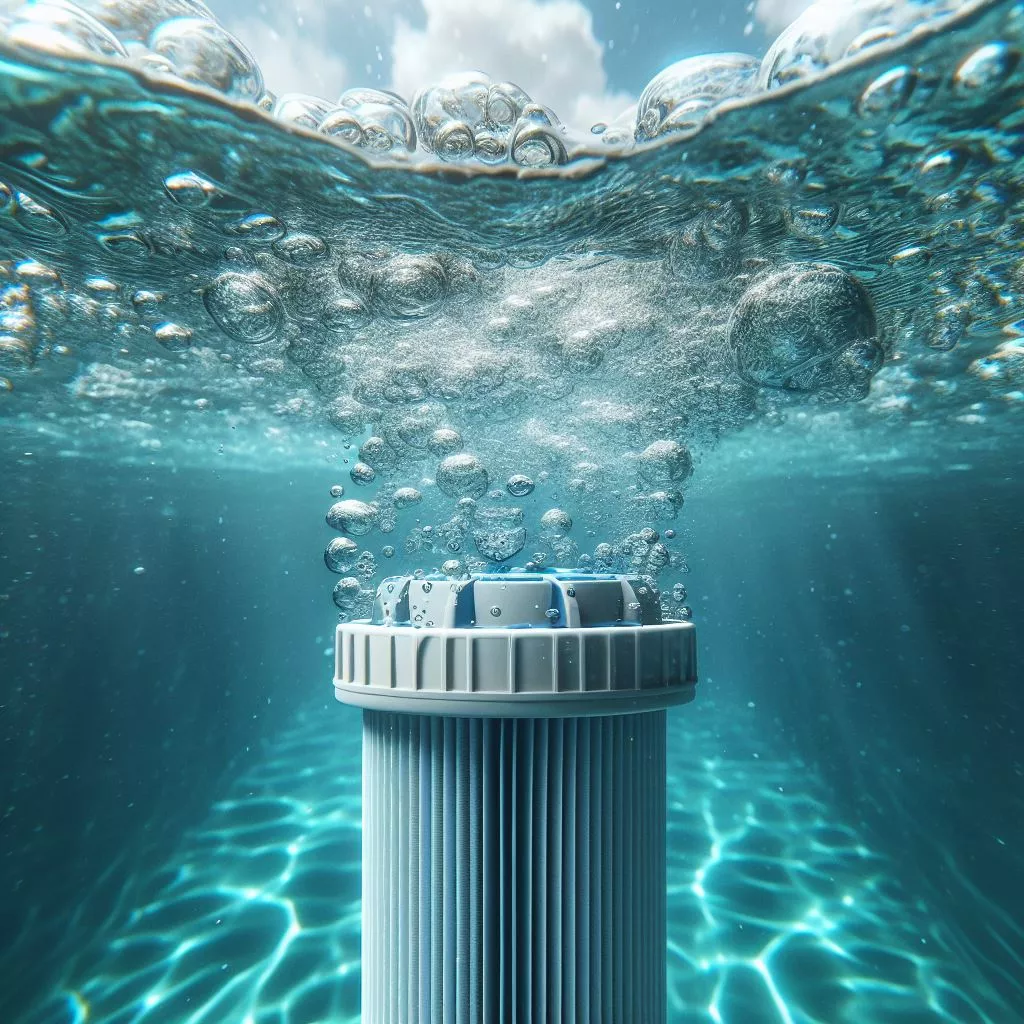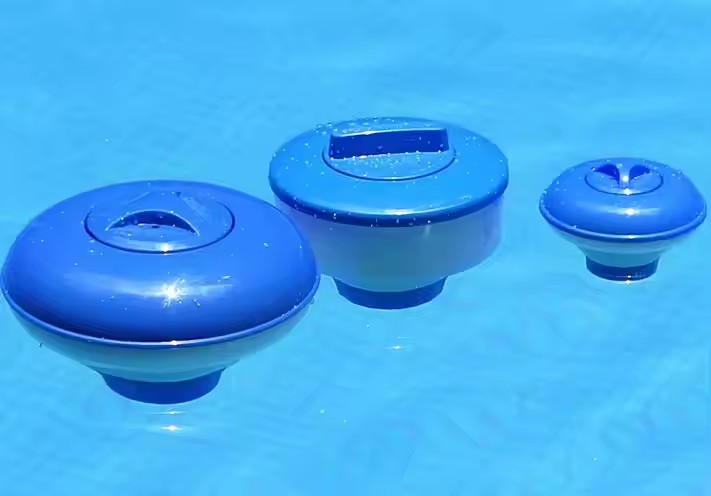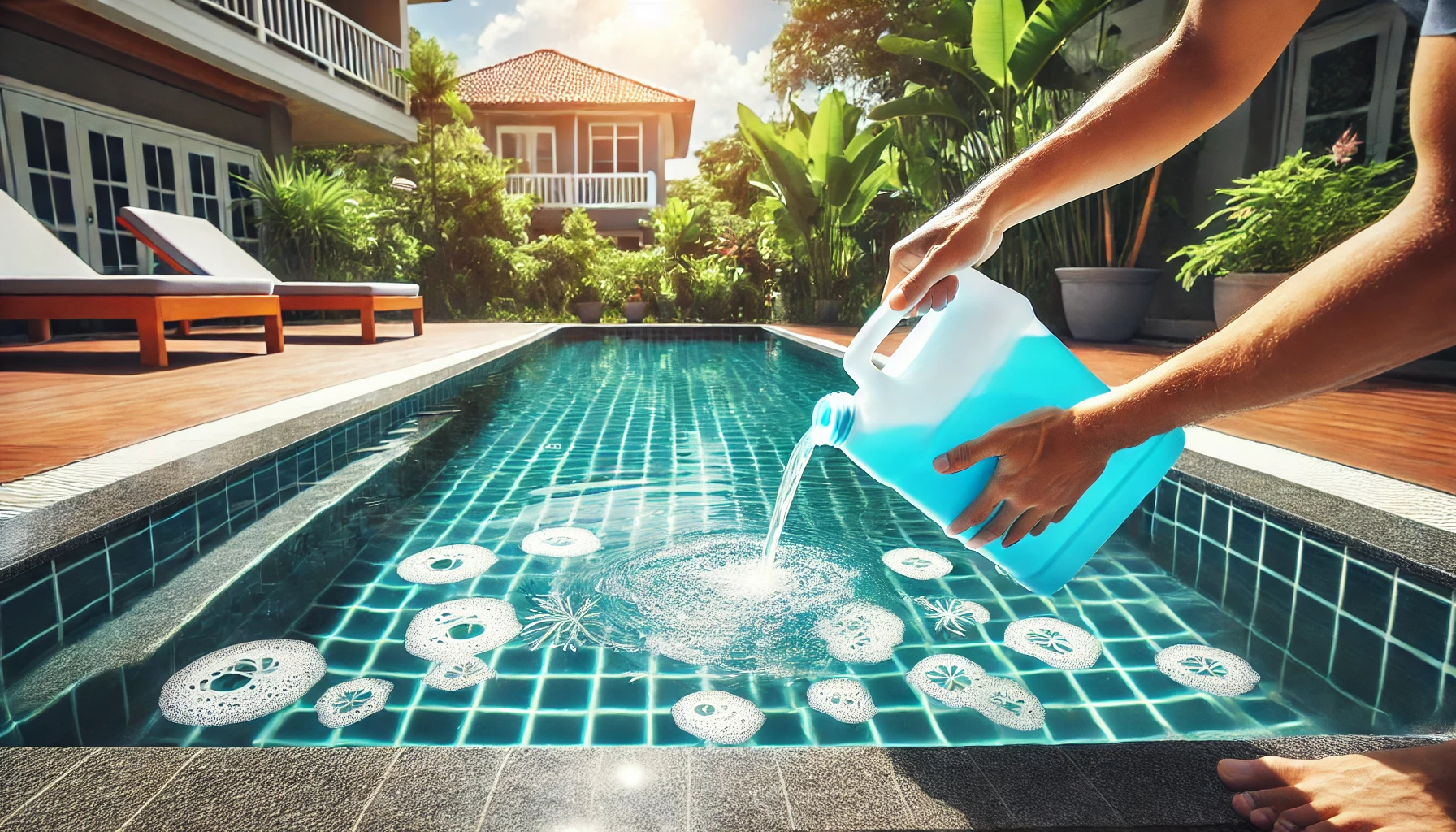Sand filters are among the most popular choices for maintaining clean and clear water in swimming pools. Known for their durability and efficiency, sand filters are designed to remove debris and particles from pool water. However, if you’re finding that your sand filter isn’t working as effectively as it should, there could be several underlying issues. In this article, we’ll explore common problems associated with sand filters, filters for pools, and how to troubleshoot them to ensure your swimming pool filter performs optimally.

I.Incorrect Sand Level
One of the primary reasons why sand filters might not be working efficiently is an incorrect sand level. If there is too little sand in the filter, it won’t be able to catch all the debris, leading to poor filtration. On the other hand, too much sand can cause clogging and reduce the filter’s performance. It’s crucial to maintain the sand at the recommended level. Always refer to the manufacturer’s guidelines to ensure that you have the correct amount of sand for your specific model.
II.Clogged or Dirty Sand
Over time, the sand in your filter accumulates various impurities, such as oils, dirt, and other debris. This build-up can obstruct the flow of water through the sand, diminishing the filter’s effectiveness. Regular maintenance is key. Periodically backwash your filter to remove some of the accumulated debris. However, backwashing alone may not be sufficient. Eventually, you may need to replace the sand entirely to restore optimal filtration performance.
III.Faulty Multiport Valve
The multiport valve controls the direction of water flow through the filter. A malfunctioning or improperly set multiport valve can significantly affect the performance of your sand filter. Ensure that the valve is correctly positioned according to the function you need—whether it’s filtering, backwashing, or rinsing. If the valve is faulty, it may need repair or replacement to ensure proper filter operation.
IV.Leaks in the System
Leaks within the filtration system can lead to reduced efficiency of sand filters. Leaks can occur around the filter, pump, or plumbing connections. Even minor leaks can impact the performance of your filter by allowing unfiltered water to bypass the system. Inspect all components of the filtration system for any signs of leaks and address them promptly to prevent further issues.
V.Insufficient Water Flow
For a sand filter to work effectively, the water flow through the system must be adequate. Blockages or issues with the pool pump can restrict water flow, leading to poor filtration. Check the pump and plumbing for any obstructions that could be impeding the flow. Ensuring a smooth, unobstructed water flow will help your sand filter operate at its best.
VI.Incorrect Filter Size
Using a filter that is not appropriately sized for your pool can result in inadequate filtration. If your sand filter is too small for your swimming pool, it may struggle to handle the volume of water, leading to less effective cleaning. Make sure that your filter is correctly sized for your pool. Consult with a professional if you are unsure about the right size for your needs.
VII.Poor Water Chemistry
The chemistry of your pool water plays a vital role in the performance of your sand filter. Imbalanced water chemistry can lead to issues such as clogging and reduced filter efficiency. Regularly test and adjust the chemical levels in your pool to maintain a balanced environment. Proper water chemistry helps in preventing damage to the filter and ensures effective filtration.
VIII.Broken or Malfunctioning Pump
The pool pump is a critical component in the filtration system, as it drives water through the sand filter. A malfunctioning pump can affect the entire filtration process. Check the pump for any signs of damage or malfunction. Ensure that it operates smoothly and efficiently to support the performance of your sand filter.
IX.Outdated Equipment
If your sand filter or related equipment is old or outdated, it might not perform as effectively as newer models. Advances in filtration technology can lead to improvements in performance and efficiency. Consider upgrading to newer equipment if your current setup is outdated or frequently problematic.
X.Inadequate Maintenance
Routine maintenance is essential for keeping your sand filter in top condition. Neglecting regular maintenance tasks, such as backwashing, sand replacement, and system inspections, can lead to various issues and reduced performance. Follow a regular maintenance schedule to ensure that your sand filter operates effectively.

XI.Conclusion
Ensuring that your sand filter works efficiently involves addressing common issues such as sand level, cleanliness, valve functionality, leaks, water flow, filter size, and water chemistry. By identifying and resolving these potential problems, you can maintain optimal filtration performance and enjoy clean and clear pool water.
If you’re seeking high-quality filters for pools, including advanced sand filters, we offer a range of reliable options designed to enhance your pool’s performance. Our swimming pool filters are crafted to deliver exceptional filtration and durability. Contact us today to explore our products and services, and experience the difference that top-notch filtration can make for your pool. Our team is dedicated to providing excellent service and support to meet all your filtration needs.


